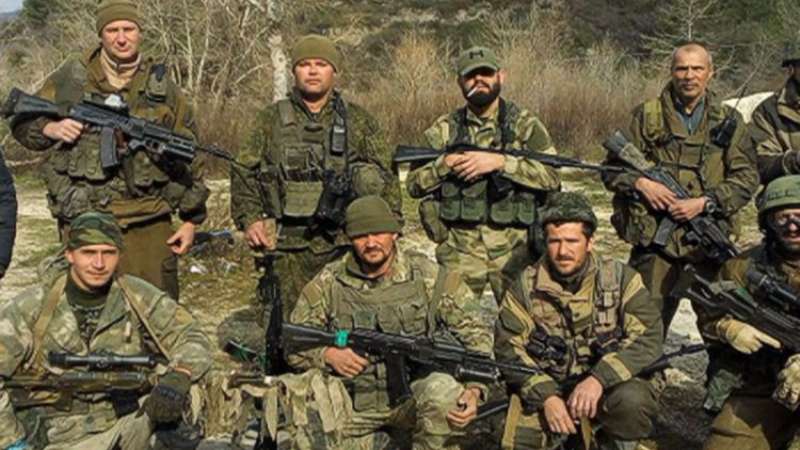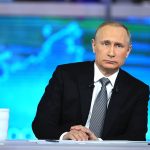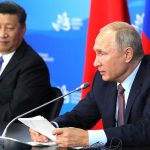by Evgenia Sokolovskaya
While Russia’s role in Syria and Venezuela captures the world’s attention, the Kremlin is quietly bonding with new allies in Africa using the same three-step intervention method it has already adopted to expand its influence elsewhere.
The first step is through weapons sales. Such trade benefits Moscow in terms of money, building relationships, and testing out military equipment. For instance, after the Obama administration halted the supply of previously contracted weapons systems to Egypt, Russia became one of the country’s major arms providers. In 2015, Cairo spent $1 billion on Russian anti-aircraft warfare and it is expected to buy 50 military jets from Moscow in 2020.
In the second step, Russia sends mercenaries from private military companies to get a broader understanding on the ground without the Kremlin being officially involved. Usually, private militants are guarding local leaders, educating their forces, and showing them how to use Russian weapons.
Thus, the military firm Wagner, affiliated to Vladimir Putin’s long-time friend Yevgeny Prigozhin, is reportedly providing services to Libyan commander Khalifa Haftar in exchange for oil concessions. Haftar’s Libyan National Army (LNA) is controlling the country’s oil-rich east, and Wagner soldiers always provide armaments, a huge boost for the LNA.
Sudan’s recent President Omar al-Bashir, who ruled for the last 30 years, called for Russian assistance too. Employees of private military firms flew to Sudan from Syria and Ukraine to protect Bashir’s autocratic regime. Earlier this year, Russian mercenaries helped put down protests in Khartoum. However, in April the Sudanese Armed Forces ousted al-Bashir from power.
Around 200 Wagner mercenaries have also deployed to the Central African Republic (CAR) in late 2017 and early 2018. They formed President Faustin-Archange Touadera’s personal security detail and got unlimited access to his time and inner circle.
“The individuals are actually in the president’s cabinet,” the commander of U.S. Africa Command Gen. Thomas Waldhauser said. Mercenaries were given the Berengo palace and 40 hectares of land around it to build a camp and a military training base. Their main task is to protect Touadera’s rule from 14 different rebel groups opposing him.
The third and final phase, official involvement, does not have to be profound or expensive, as it is in Syria. Instead it may begin with sending military experts who are supposed to teach local servicemen how to take care of armaments made in Russia. That recently happened in the Republic of the Congo where President Denis Nguesso assumed office 22 years ago. According to the Russian Ministry of Foreign Affairs, Congo still has a lot of working Soviet military equipment. As Deputy Minister Aleksandr Fomin put it, “this is a renewal of a very beautiful story called military-technical cooperation.”
Under Russian law, military-technical cooperation means that Moscow can sell weapons, but it won’t fight for the Republic of the Congo in case of an actual war. For such a relationship, the countries must enter the next level: military cooperation.
Last summer the Kremlin signed a military cooperation agreement with the Central African Republic. Nine months later, it announced the opening of a Ministry of Defense office in the country and gave the local regime one more batch of free guns and ammunition.
The Kremlin’s intervention plan has succeeded in some African states, such as CAR and the Republic of the Congo, providing Moscow with stronger leverage in a region full of untapped mineral resources. To cement existing partnerships and to initiate new ones, Putin is preparing to host the first Russia-Africa summit in the city of Sochi in October. The heads of almost every African state are expected to be invited.
Making friends in Africa may be easier for Russia thanks to Soviet connections in the region. Sending a couple hundred soldiers does not cost much but it gains Russia more allies—something the Kremlin has been short of in recent years.
Evgenia Sokolovskaya is a journalist based in Moscow. She focuses on Russian foreign and internal policy.






Some would argue that the IRGC are basically the same. Khamenei loves the Russians and vice versa.